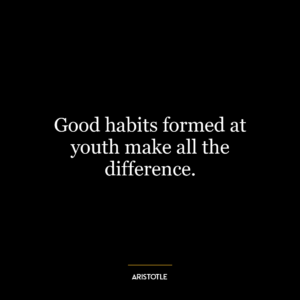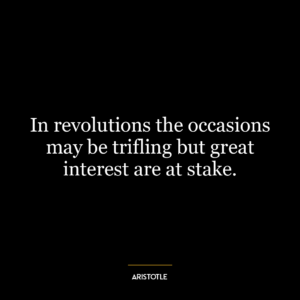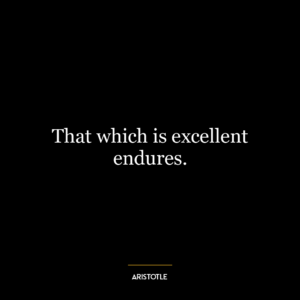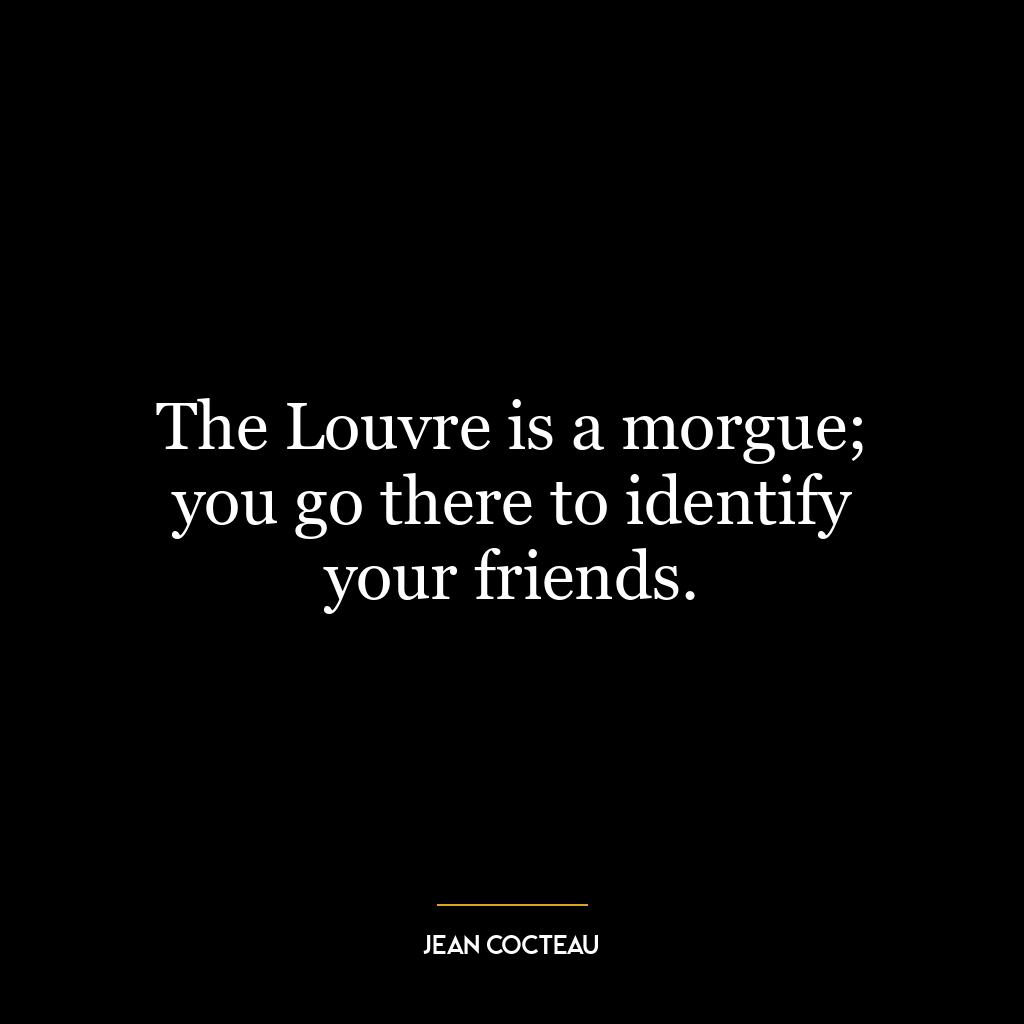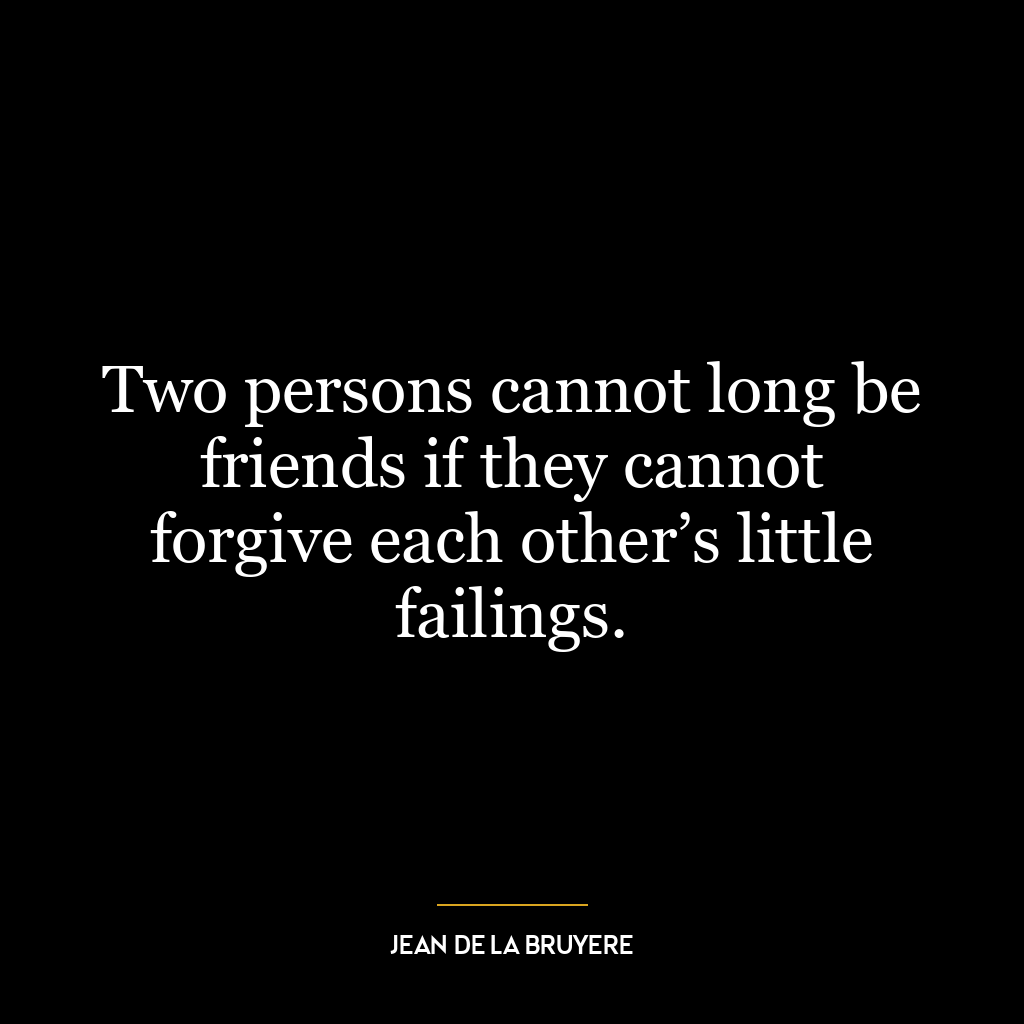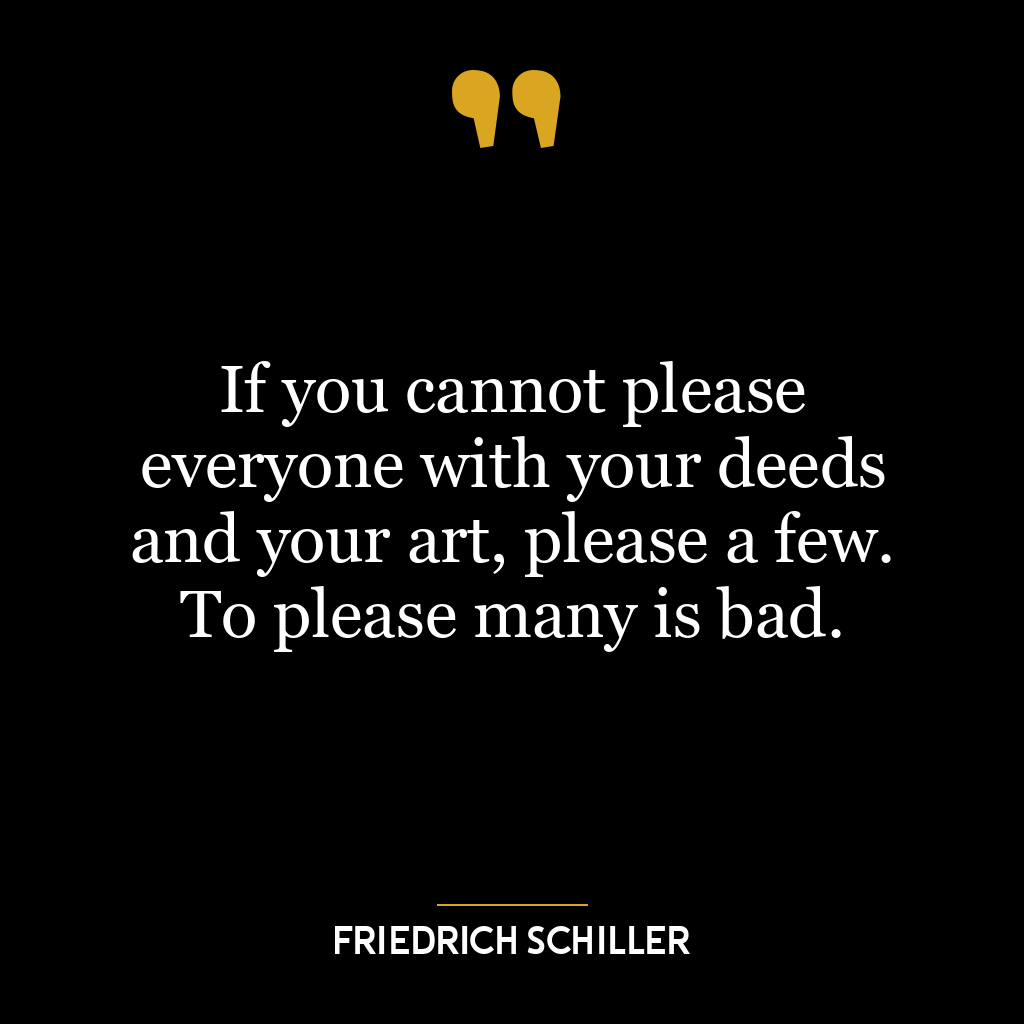This quote suggests that self-love and self-awareness are the fundamental building blocks of personal growth and happiness. It implies that we should prioritize our own needs, desires, and well-being because we are the ones who understand ourselves the best. In essence, it is advocating for a healthy level of self-interest and self-respect, which should not be confused with selfishness.
The idea of being one’s own best friend implies a deep understanding and acceptance of oneself, including one’s strengths and weaknesses. It means being kind, forgiving, and patient with oneself, just as one would be with a close friend. If we cannot love and respect ourselves, it becomes challenging to genuinely love and respect others.
In the context of personal development, this quote emphasizes the importance of introspection and self-improvement. By being our own best friend, we can objectively identify our limitations and work towards overcoming them. It also encourages us to celebrate our achievements and be our own cheerleaders, boosting our self-confidence and self-esteem.
In today’s world, where we are often bombarded with societal pressures and expectations, this quote is particularly relevant. It reminds us to prioritize our mental health and well-being over external validation. It encourages us to set personal boundaries and not compromise our self-worth for the sake of pleasing others.
In a society where comparison and competition are rampant, especially in the digital age of social media, this quote serves as a reminder to focus on our own journey and progress, rather than comparing ourselves to others. It urges us to cultivate a strong, positive relationship with ourselves, which can lead to greater resilience, happiness, and success in life.
In conclusion, this quote is a timeless piece of wisdom that encourages self-love, self-respect, and self-improvement, all of which are key to personal development and overall well-being.






